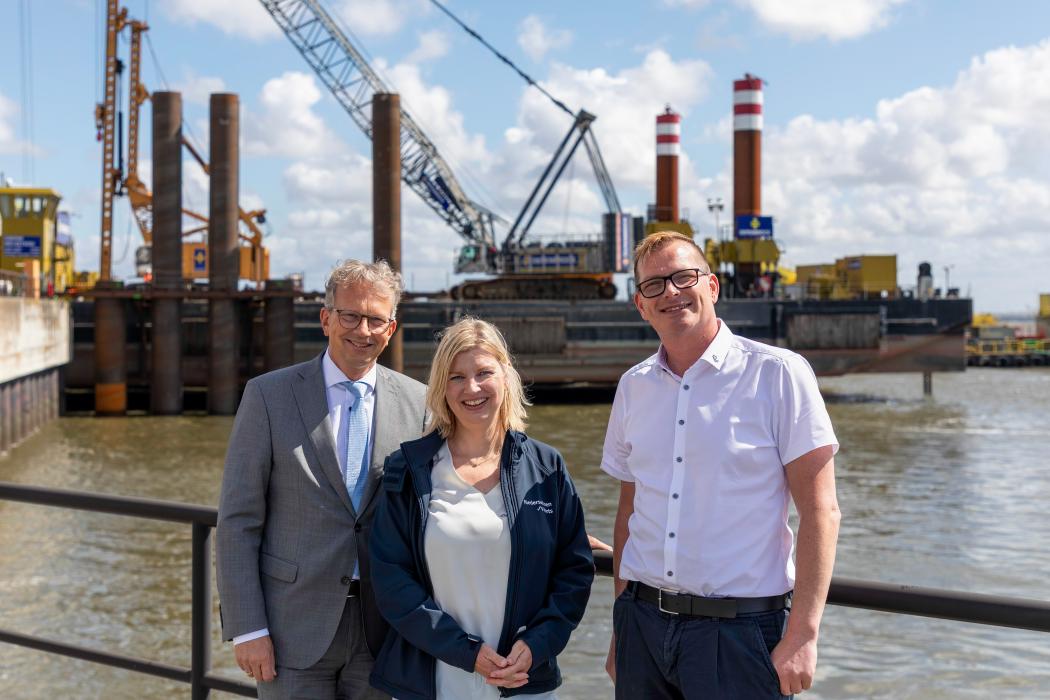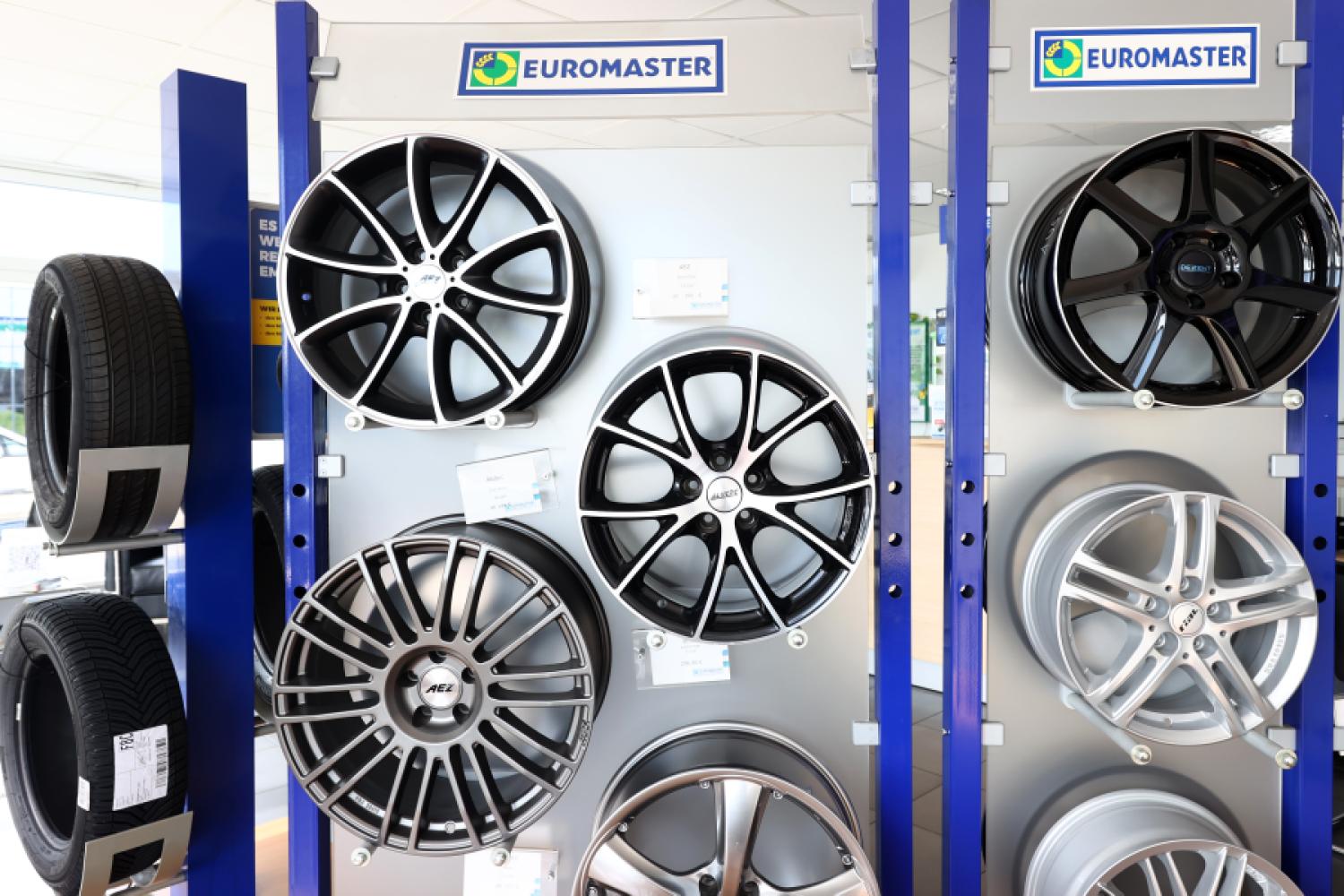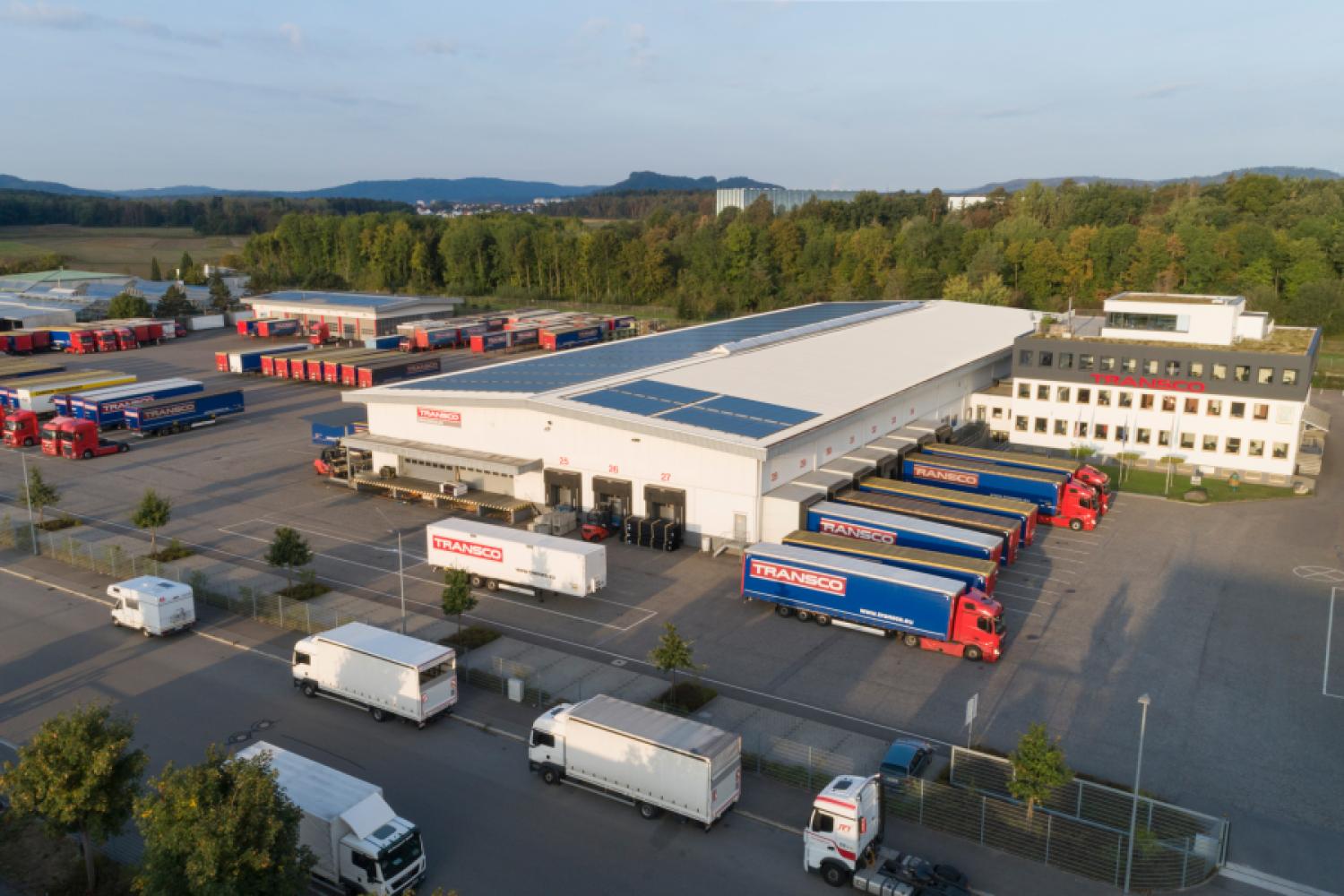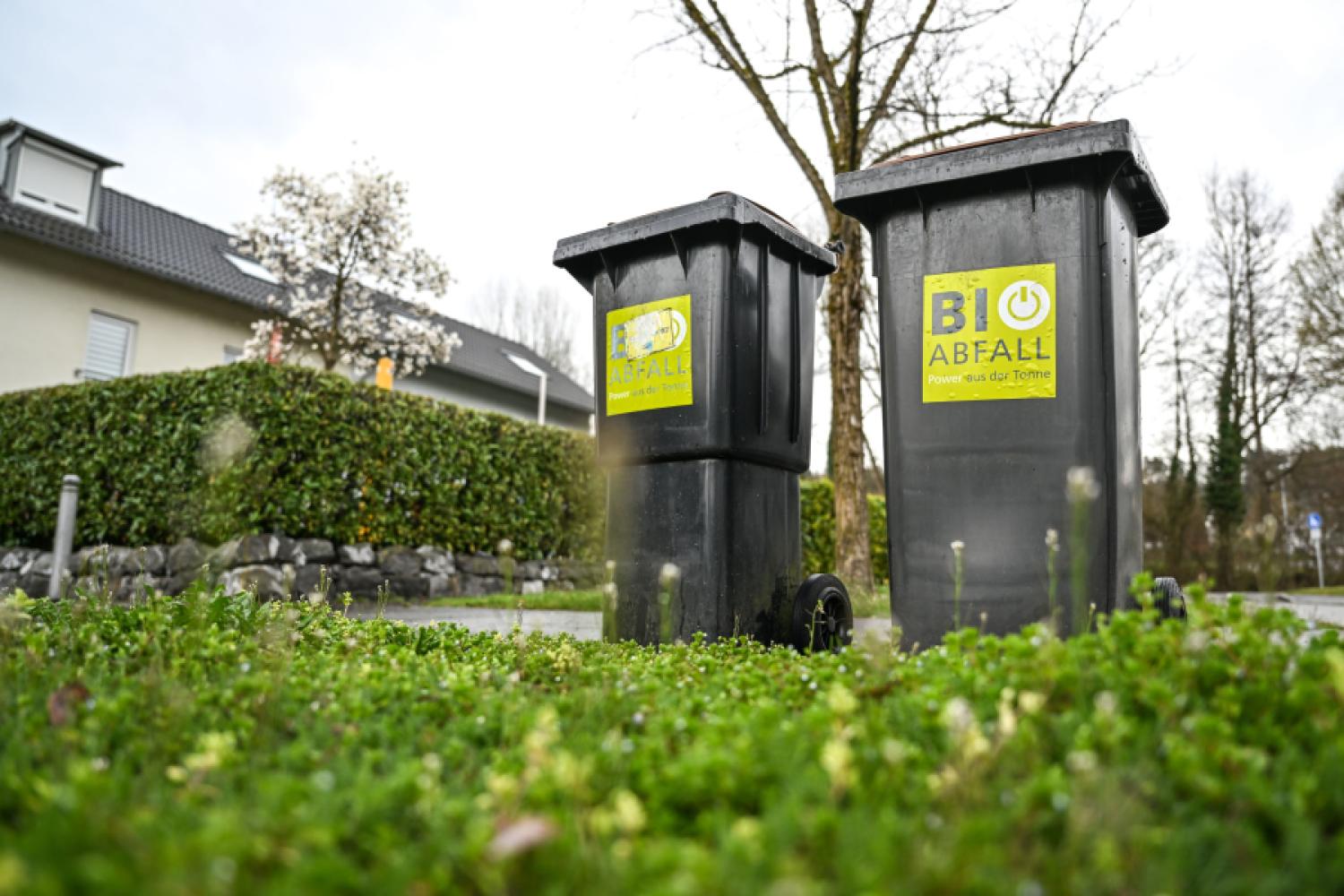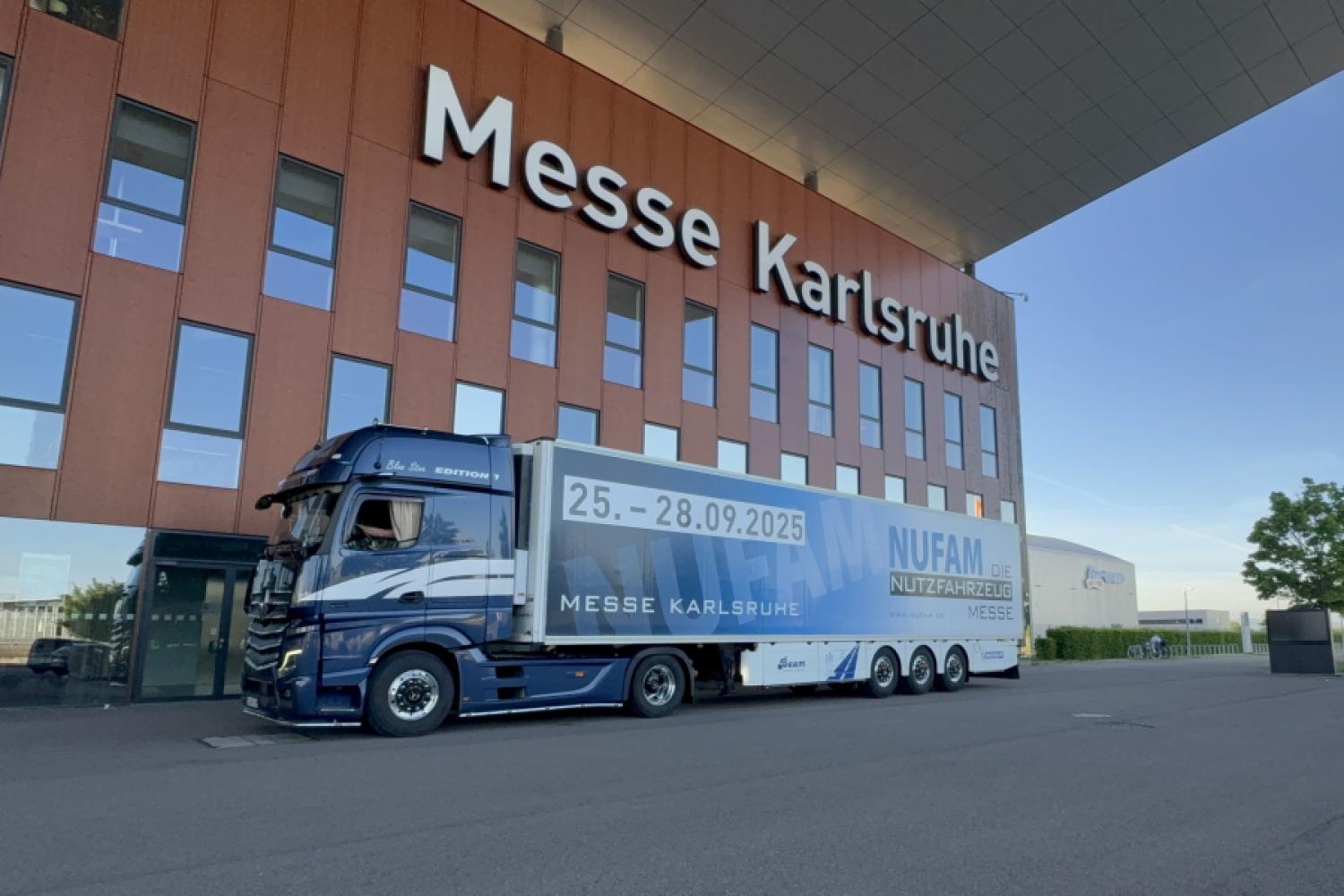Niedersachsen Ports (NPorts), the port company of the state of Lower Saxony, plans, according to a recent press release, to invest more than one billion euros in the expansion of Cuxhaven – more than at any other location of the company in the past two decades.
"We are the port for off- and onshore in Germany," says Holger Banik, managing director of NPorts, confidently. In fact, according to the operating company, Cuxhaven is today the most important location for the offshore wind industry in the country. About 80 percent of the onshore rotor blades used in Germany are loaded here, and offshore components from the Siemens plant are shipped from here to
the North Sea.
Cargo areas for wind turbines
Moreover, according to the port company, there are further expansion plans: Berths 5 to 7 are currently being expanded, with additional capacities being created at a length of 1,250 meters and with 38 hectares of terminal area to meet the growing demand for cargo areas for wind turbines. Around 300 million euros are flowing into this measure, financed by federal and state funds as well as by the port industry.
It is not only about the handling of heavy loads, they say. Cuxhaven, according to the operator, is set to become a port of the energy transition, also in its operation. By 2040, NPorts
aims to operate in a climate-neutral manner. This requires extensive investments in energy renovations, photovoltaic systems, and the sourcing of green electricity. In addition, according to NPorts, the existing tracks will be renewed to connect the port more efficiently to the hinterland.
"Even small measures such as the renovation of a sheet pile wall or the maintenance of roads, buildings, and cargo areas are important to keep the port operations stable," says Knut Kokkelink, who, together with his team colleague Alexandra Brandt, leads the Cuxhaven site for NPorts. This also includes taking monument protection into account, which applies to many buildings in the port.
In addition to large investments, NPorts, according to
the press release, also takes care to consider the natural environment. Around 150 hectares of compensation areas are being developed in terms of nature conservation to compensate for land consumption during port expansion. New technologies are also set to help make port operations safer and more efficient. For example, the "SIDAS" research project is testing how sensor technology can help avoid collisions in the port. Additionally, the international "DIOL" project is underway, which aims to develop innovative logistics concepts for the offshore sector.
Cruise shipping also remains a topic in Cuxhaven, albeit a smaller one. Four arrivals are planned for the coming year. "We are a port for many things, including cruise
